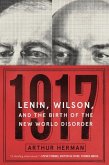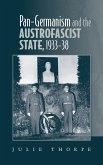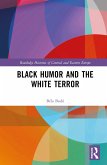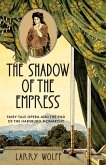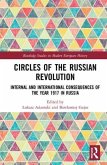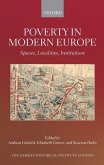Scientific Racism in Hungary, 1920-1945 examines racially informed debates on society and nation in interwar Hungary, their ideological frameworks and methodological affinities to debates on race and eugenics elsewhere in Europe. The book focuses on how anthropological ideas of race influenced debates on national character as well as biopolitical ideologies and welfare models of eugenic engineering between 1920 and 1945. During this period, Hungary went through profound territorial, social and national transformations, and experienced a wide range of political systems: from imperial to democratic, communist, authoritarian and fascist. Marius Turda shows how, under these circumstances, the idea of race became part of a larger biopolitical agenda, serving as a vehicle for transmitting a social and cultural message that transcended political differences and opposing ideological camps. This important study helps to deepen and refine the comparative history of race and eugenics in Europe by providing an innovative cross-cultural interpretation of biopolitical arguments about Hungarian national identity. It is of immense value both to historians of 20th-century Hungary and to anyone looking at the history of anthropology, race, nationalism and eugenics in modern Europe.
Hinweis: Dieser Artikel kann nur an eine deutsche Lieferadresse ausgeliefert werden.
Hinweis: Dieser Artikel kann nur an eine deutsche Lieferadresse ausgeliefert werden.


